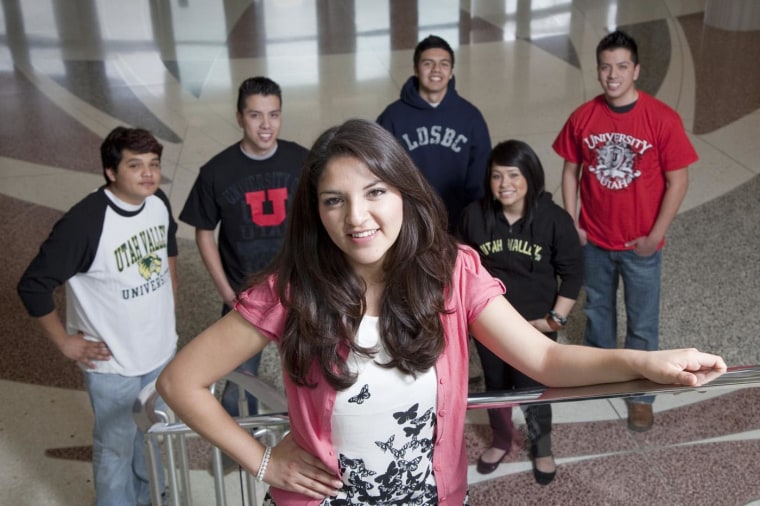If you follow education issues or have kids in schools, it feels like there is a constant barrage and corresponding debate over standardized tests and the Common Core Standards. These are undoubtedly critical parts of the equation in improving all students’ prospects for success. But what gets lost in the focus on what to teach and how to keep score is what is at the core of our students’ ability to succeed: consistent and dedicated relationships with adults to guide them and help them troubleshoot the many challenges kids and adolescents face.
If this doesn’t seem as critical as core curriculums and test scores, take a moment to consider these recent findings about young people at risk of falling off track but who had a mentor. They are:
- 55 percent more likely to be enrolled in college than those who did not have a mentor;
- 81 percent more likely to report participating regularly in sports or extracurricular activities than those who did not have a mentor;
- More than twice as likely to say they held a leadership position in a club, sports team, school council, or another group as those who did not have a mentor;
These findings are from the first-ever nationally representative survey of young people on the topic of mentoring and inform a new report commissioned by MENTOR: The National Mentoring Partnership with support from AT&T and written by Civic Enterprises in partnership with Hart Research.
The report details a powerful mentoring effect. Young peoples’ experiences back up previous research that has shown that mentoring, when done right, can result in better attendance at school, improve behavior and relationships in school, and drive academic achievement.
Unfortunately, the report also highlights a mentoring gap. One out of three young people is reaching high school graduation age disconnected from this critical asset. And students considered at-risk – those facing a range of challenges in their lives – are less likely to find their way mentors naturally- people like coaches or an adult family friend.
We know that attendance, behavior, and course performance in reading and math (“the ABCs”) can predict a student’s likelihood of graduating high school. When a student demonstrates the early signs of falling off track, mentoring should be central part of the supports put in place to get that student back on the path to graduation. Yet, our systemic approach excludes this focus on the need for meaningful adult support as a gateway to achievement and instead seems wholly focused on academic content.
Dr. Robert Balfanz, Director of the Everyone Graduates Center at the Center for Social Organization of Schools at Johns Hopkins University, points out the valuable role mentoring plays in keeping at-risk youth on track to high school graduation: “The ABCs can signal early signs of trouble that a student is falling off the graduation path. A high-quality mentoring relationship can be a game changer for these students.”
So how exactly can we use mentoring to change the game for at-risk youth? Our schools systems, across the board, must create warning systems that are attuned to the need for additional adult support for students. Lagging attendance in early grades is a great example. There are many teachers, administrators, and parents across the country who are already successfully incorporating quality mentoring programs as a solution to address issues like school attendance, course performance, and behavior. We need more of these “mentor mobilizers” in our nation’s schools to ensure students have the additional support they need to succeed.
We need to work together to identify youth who could benefit most from a mentor, determine their specific mentoring needs, and match them to quality mentors and other wraparound services. This intentional relationship building could dramatically improve the lives of children and their ability to achieve, the culture of schools, and the fabric of communities. That’s because the mentoring effect impacts not only the student and mentor. It is also a critical link in the chain of outcomes for our youth that helps them become more productive and active citizens ready to seize the opportunities that lie ahead.
